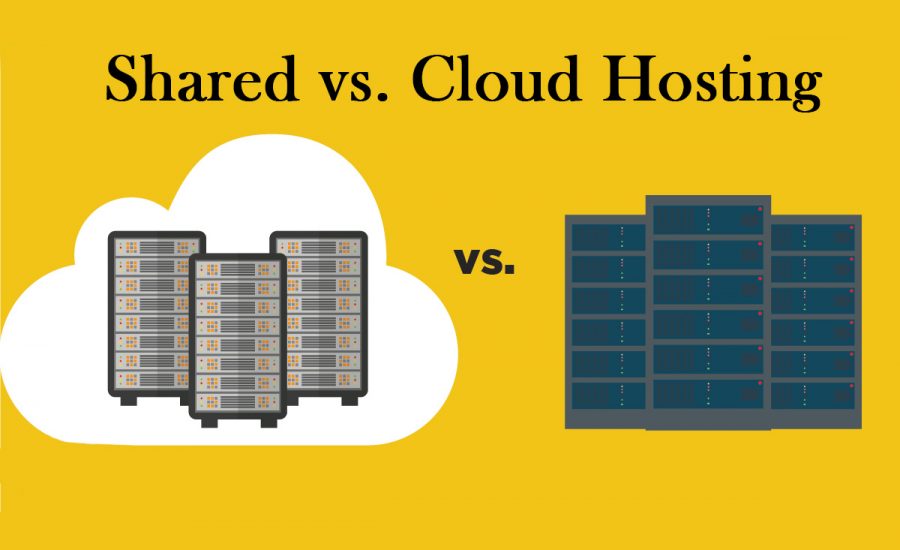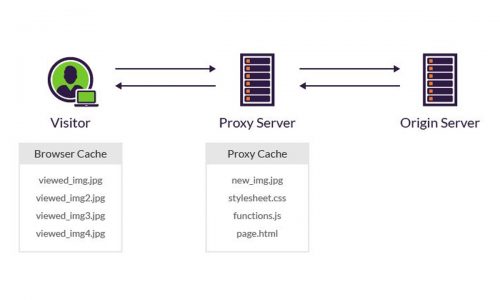In this Blog we are going to discuss the Difference of Shared and Cloud Hosting. Also what it impacts on the computing enviornments for online businesses. Main question which will arise is “What is Shared Hosting and What is Cloud Hosting?”
Shared Hosting enables a single server to be used by many websites. You’ll typically have no clue who or what sites you’re sharing a server’s resources with. Typically, each user will have a cap on the total amount of dedicated servers they can use, but your hosting plan can determine this. The simplest and most economical solution for your needs is easily linux shared hosting. The low price, however, comes with restrictions, which we’ll get down to below. Because most hosting companies provide the same amount of space and storage, choosing a team of professionals is crucial.
Cloud Hosting is using cloud services, cloud hosting linux makes applications and websites available. Solutions, unlike conventional hosting, are not hosted on a single server. Instead, the application or website is hosted by a network of linked physical and virtual cloud servers, assuring greater flexibility and scalability. A service that operates on several servers is cloud hosting. Your site is hosted in the cloud instead of on one shared server. This means that as the company responds to performance spikes and other pressures, it will bounce the website hosting between servers.
HostingWheel the best provider for Services like Shared Hosting and Cloud Hosting and more.
How each is structured lies in the difference between pooled and cloud hosting linux. Servers with several sites on them are shared hosting servers. These servers are designed and operated by web hosting firms, and they put a bunch of websites on them. If your website is hosted on a public server, this means that it is competing for the same resources as many other websites.
Companies cram a lot of websites on each server, which can restrict the speed and efficiency of your website, and there are some security limitations as well. Your site is being hosted in the cloud instead of one shared server. As it responds to performance spikes and other pressures, the company will bounce your website hosting amongst servers.
Cloud hosting linux is more complex than linux shared hosting, which means it can work better than other shared hosting services and be more reliable.
Which one to choose?
The brief response to this question, as always, is that it depends. The service that works great for your company will depend on your necessity. Shared web hosting could be a good choice for your company if you are looking for an affordable hosting option that has solid features and can manage your current traffic volumes.
If you encounter high traffic or peaks in visits or if you require in-depth security features, cloud hosting is ideal. For e-commerce companies and companies with high traffic requirements, expert suggested is cloud hosting services.
Conclusion – With cloud computing, one thing to remember is that, given its efficiency and scalability benefits, it is substantially more costly than shared hosting services. It is possible to buy certain shared hosting plans for just a few dollars a month, although cloud hosting plans would be costly. Like with any service, you have what you pay for, and before digging into web hosting options, businesses should consider their priorities. More security and efficiency features are packed with cloud hosting services, while shared hosting services could provide the deal that a small company needs for a simple website.







